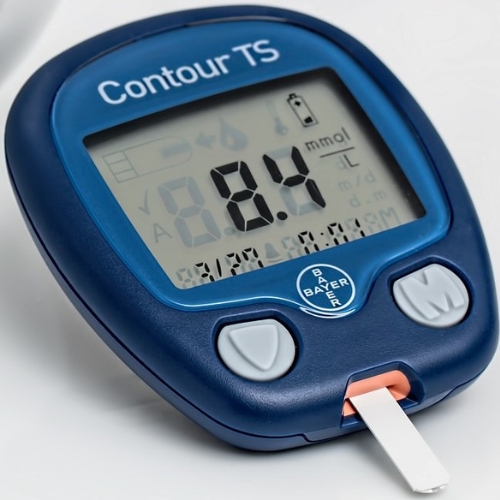Key points from article :
A ground-breaking AI tool called AIRE-DM could transform how we detect and prevent type 2 diabetes, a condition affecting millions globally. Developed by a team at Imperial College London, led by Dr. Fu Siong Ng and Dr. Arunashis Sau, this technology analyses routine ECGs to identify subtle patterns that might signal a heightened risk of diabetes years before traditional symptoms appear. Early detection is crucial, as type 2 diabetes can lead to serious complications, including heart disease, vision loss, and nerve damage.
AIRE-DM was created using data from 1.2 million ECGs and validated with the UK Biobank. It identifies early diabetes risk with about 70% accuracy across diverse populations, including various ages, genders, ethnicities, and socioeconomic groups. The tool becomes even more precise when combined with clinical and genetic information, like age and blood pressure. Remarkably, AIRE-DM can also interpret single-lead ECGs, commonly used in wearable devices, paving the way for widespread application via smart technology.
The AI tool will be piloted within a year and could potentially integrate into NHS services in the coming years. Its ability to identify at-risk individuals early offers an opportunity to implement lifestyle changes and medical interventions to prevent or delay the onset of diabetes and its complications.
Professor Bryan Williams, Chief Scientific and Medical Officer, hailed the innovation as a potential "gamechanger," emphasizing how AI's advanced analysis can uncover hidden insights in routine health data. With type 2 diabetes posing a growing global health challenge, this technology offers hope for reducing its prevalence and impact.






